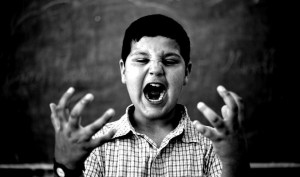Our lab takes a social neuroscience approach to research by combining theory and methodology from social and experimental psychology, endocrinology, neuroscience, social cognition, pharmacology, and molecular genetics. Our ultimate goal is to detail the complex mechanisms underlying variation in human competitive and aggressive behaviour. Below are some of the questions that we are interested in:

1) Do acute changes in testosterone during competition serve to modulate ongoing and/or future social behaviour (e.g., competitive motivation, aggression, risk taking, mate-seeking)?
2) Does testosterone play a causal role in modulating human competitive, aggressive, sexual aggressive (dehumanization) and risk-taking behaviour?
3) What factors underlie variability in testosterone responses to competitive interactions?
4) What are the neural mechanisms underlying the effect of testosterone on human aggressive and competitive behaviour?
5) Are people accurate in their first impressions of others? What facial cues guide accurate social perception? Are these facial cues linked to actual behavioural outcomes?
